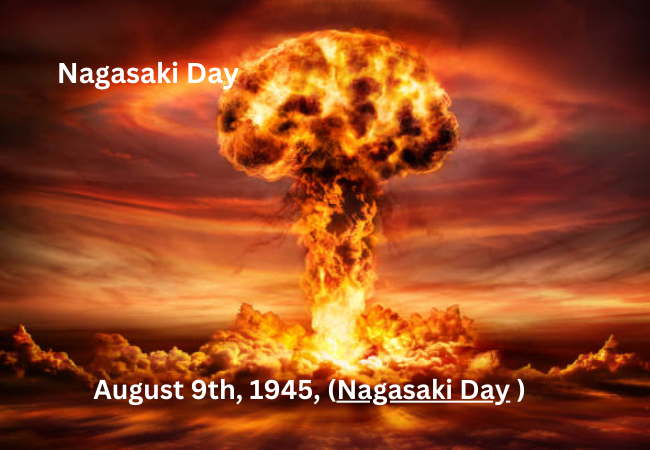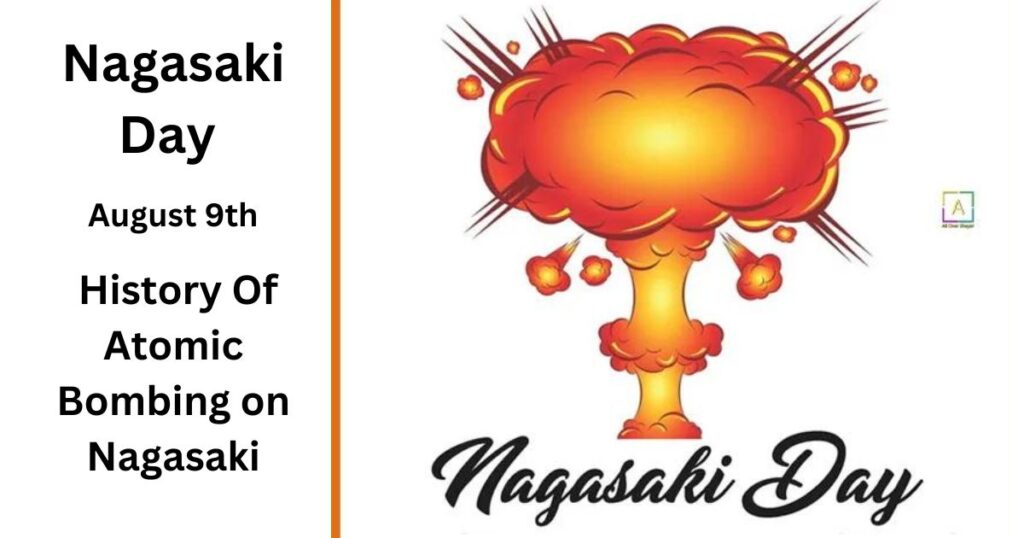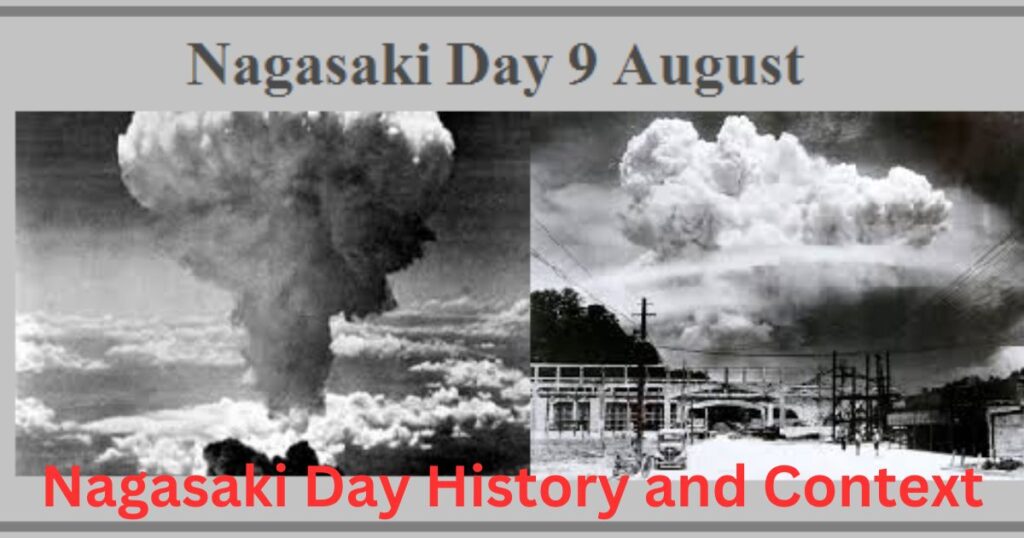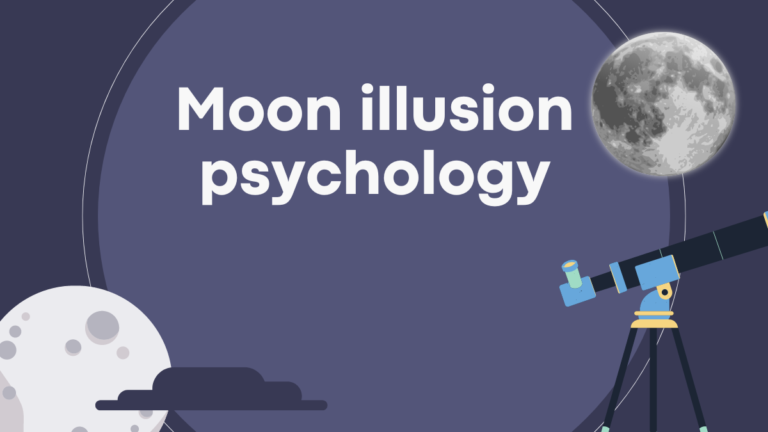
Nagasaki Day
Introduction
On this solemn day, August 9th, 2023, (Nagasaki Day ) ” the world marks the 78th anniversary of one of the most devastating events in history – the atomic bombing of Nagasaki. A day that serves as a stark reminder of the destructive power of nuclear weapons, Nagasaki Day prompts us to reflect on the horrors of war and the importance of striving for a world without such weapons. Let’s delve into the significance, history, and lasting impact of this tragic event.

The Date and Significance
August 9, 1945, witnessed the second of the only two instances in which nuclear weapons were used in warfare. The United States dropped a plutonium bomb, codenamed “Fat Man,” on the city of Nagasaki, Japan, just three days after the first atomic bomb was dropped on Hiroshima. The aim was to expedite Japan’s surrender and bring World War II to a swift conclusion. Nagasaki Day stands as a poignant reminder of the catastrophic consequences of war and the irrevocable toll it takes on innocent lives.
Table of Contents
Nagasaki Day History and Context
To truly comprehend the weight of Nagasaki Day, we must revisit the historical context in which it unfolded. The year 1945 was a turning point in the global conflict. As World War II raged on, the Allies were engaged in a tense standoff with Japan. In an attempt to expedite the surrender of the Japanese forces, the United States made the fateful decision to deploy nuclear weapons.
The Bombing

At 11:02 AM on August 9, 1945, the “Fat Man” bomb detonated over Nagasaki. The immediate impact was catastrophic – a blinding flash followed by an intense shockwave and a massive fireball that engulfed the city. The blast obliterated buildings, homes, and lives within seconds. The destruction was indiscriminate, sparing no one and leaving behind an unimaginable trail of suffering, death, and radiation-related illnesses.
Remembering the Victims
Nagasaki Day is a day of remembrance, a day to honor the lives lost and the survivors who endured immeasurable hardships. The stories of the hibakusha, the survivors of the atomic bombings, serve as a testament to human resilience and the enduring spirit of hope. Their firsthand accounts of the horrors they witnessed underline the urgent need to work towards a world free from nuclear weapons.
Calls for Peace and Disarmament
As we observe the 78th anniversary of the Nagasaki bombing, it is crucial to heed the lessons of history and acknowledge the importance of global peace and disarmament. The suffering endured by the people of Nagasaki and Hiroshima must motivate us to prevent such atrocities from ever occurring again. The Treaty on the Prohibition of Nuclear Weapons, adopted in 2017, is a step in the right direction, emphasizing the global commitment to a world without nuclear weapons.
Conclusion
Nagasaki Day is a somber occasion that compels us to reflect on the destructive capabilities of humanity and the urgency to pursue peace. As we remember the victims and survivors of the atomic bombing, let us also recommit ourselves to advocating for a world free from the specter of nuclear weapons. The legacy of Nagasaki serves as a reminder that the horrors of war should never be forgotten, and our efforts should be dedicated to creating a safer, more compassionate world for future generations.
Author:allykazmi




